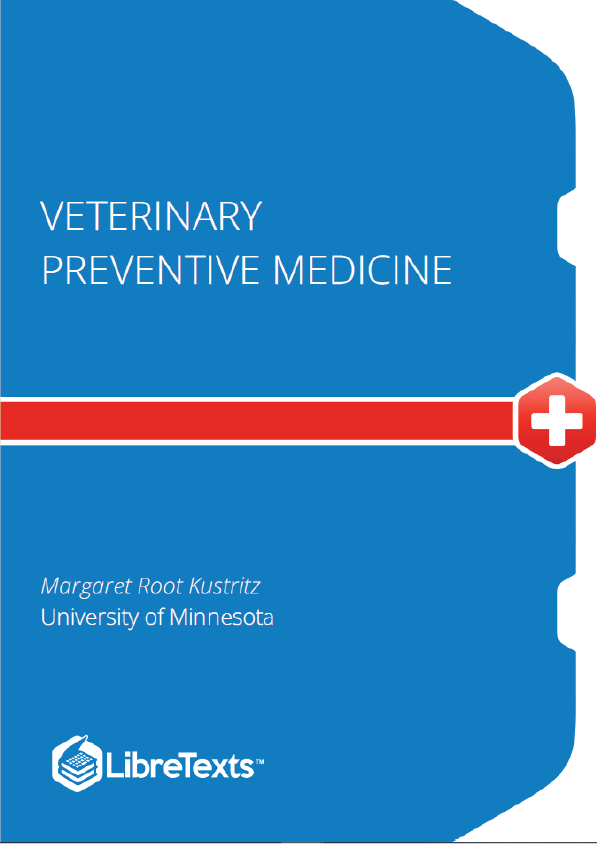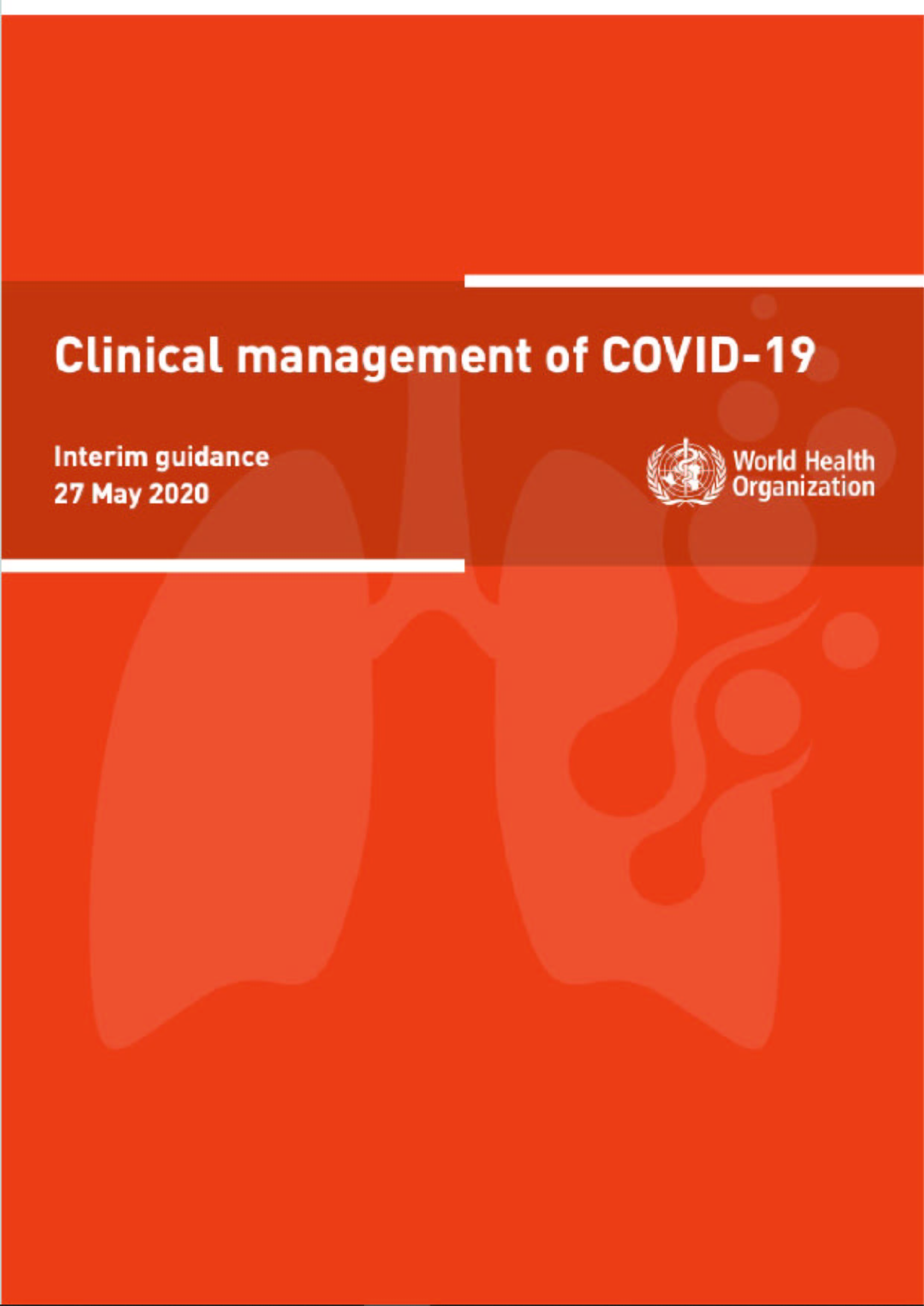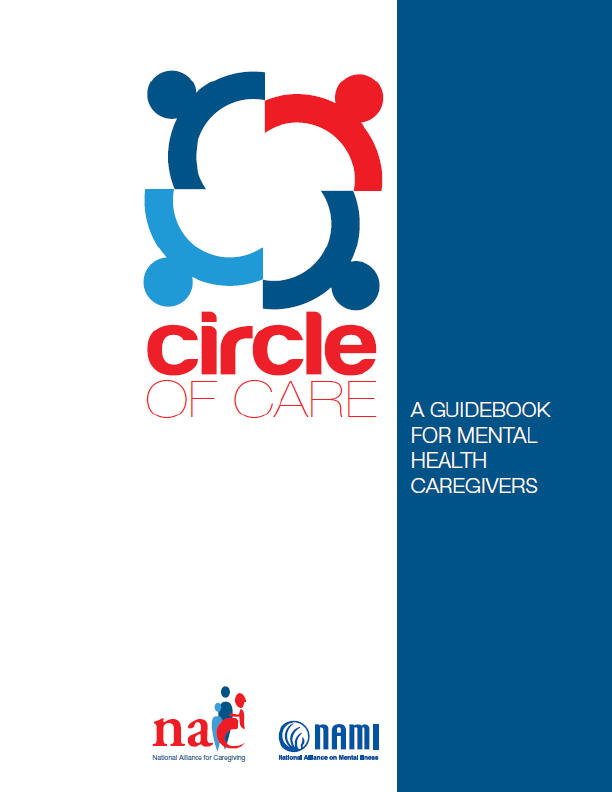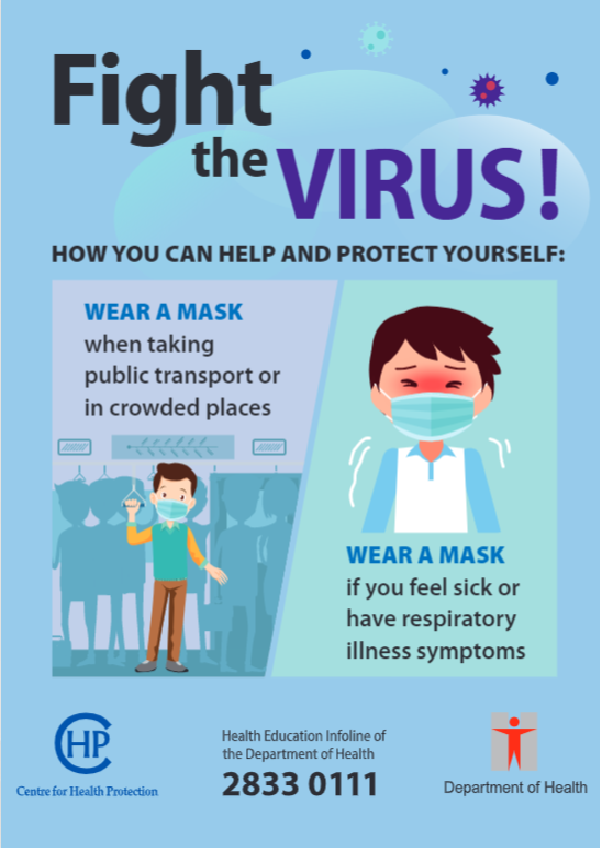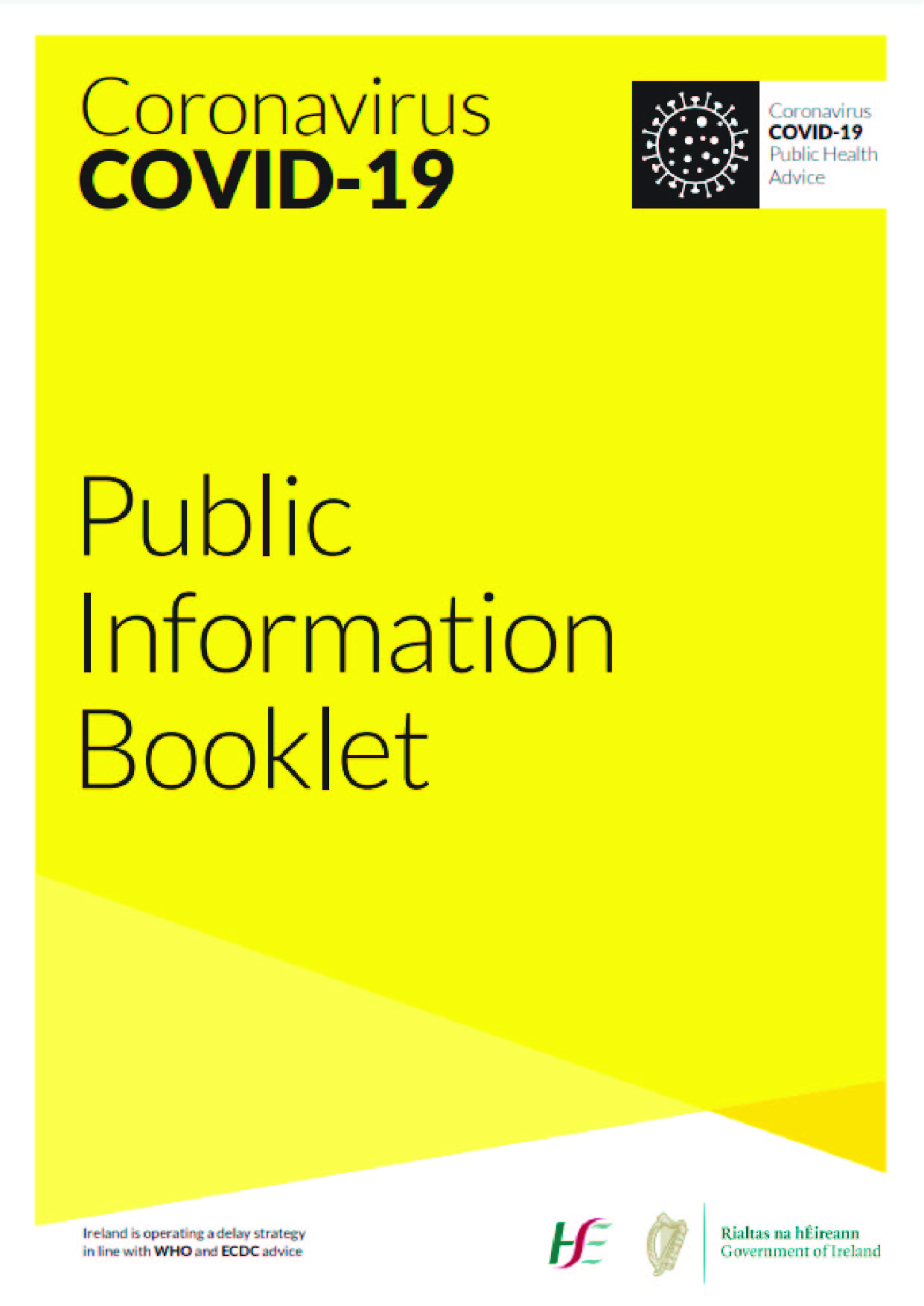Benefits of Vaccination
The primary benefit of vaccination is the decrease in the number of animals becoming infected with and dying from infections. When many animals are vaccinated, this “herd effect” has benefit for the vaccinated animals, which are unlikely to become ill from a disease for which they have been vaccinated, and for all animals in the population, who are less likely to be exposed to the disease. This also has public health significance; rabies would be a significant threat to human health in the United States without vaccination of domestic animals.
Objectives of Vaccination
- To vaccinate the largest possible number of individuals in the population at risk
- To vaccinate each individual no more frequently than necessary
- To vaccinate only against agents to which the animal has a realistic risk of exposure and subsequent development of serious disease
Vaccination Confers Protective Immunity
Vaccination is controlled exposure of an animal’s immune system to something that causes disease. Vaccination is the act; immunization is the desired result. In veterinary medicine, most vaccines are developed against viruses; some protect against specific bacteria or toxins. When an animal is vaccinated, its immune system recognizes the foreign proteins and builds up a response to them. Part of that response is the creation of antibodies, proteins that bind to the pathogen and lead to its destruction (humoral immunity). Another part of that response is creation of cells within the animal’s body that will destroy that pathogen (cellular immunity). Some of those cells are memory cells and are capable of generating a faster and stronger response every time the animal is re-exposed to the pathogen. This means that vaccinated animals, which have created a store of memory cells, can respond quickly to any natural exposure to the pathogen and are significantly less likely to become ill.
There are three types of vaccines available for use by veterinarians. Killed vaccines (also called inactivated vaccines) contain inactivated whole viruses or bacteria. Killed vaccines are more stable for handling and storage and are incapable of causing disease in the animal but require use of an adjuvant, which may be associated with vaccine reactions, and may not generate a long-lasting immune response, often requiring them to be given more frequently to be effective. The first time a killed vaccine is given, it primes the immune system but does not evoke an immune response; the animal must get a booster or be naturally exposed for an immune response to occur. Modified live virus (MLV) vaccines (also called attenuated vaccines) contain whole viruses that are not dead but are treated such that they can no longer cause disease. Because the organism in the MLV vaccine is alive and can replicate, these may occasionally cause diseases in vaccinated animals. These vaccines generally stimulate a much stronger and long-lived immune response.
